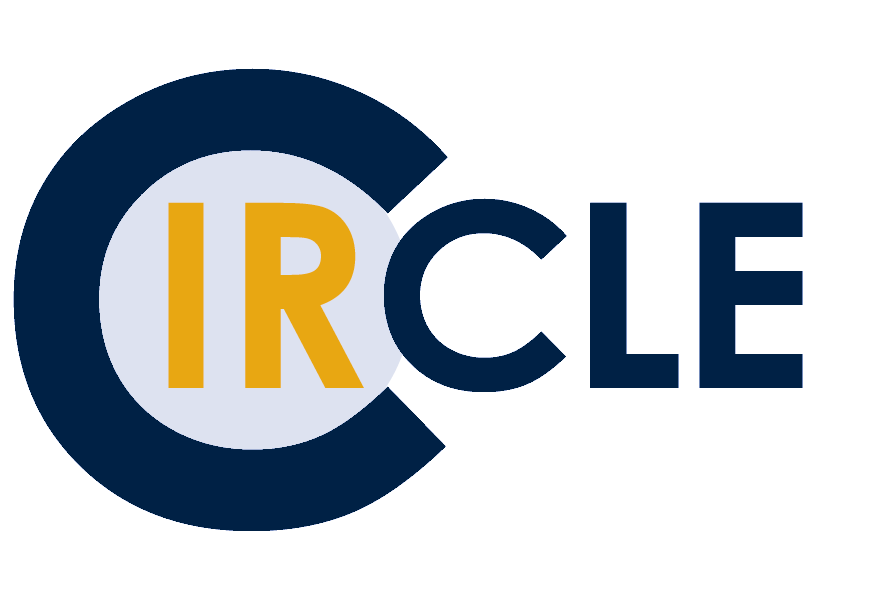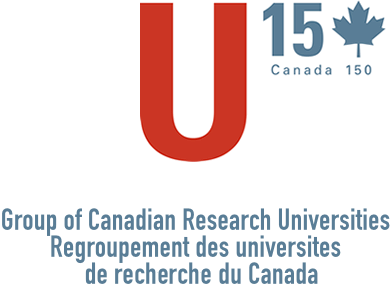There is excitement among researchers both nationally and internationally on the recent U15 Group of Canadian Research Universities’ statement. Why? It focuses on sustainable publishing.
As a collaborative body of Canada’s leading research-intensive universities, the U15 Group of Canadian Research Universities’ works to “foster the development and delivery of long-term, sustainable higher education and research policy, in Canada and around the world”. These Canadian universities are “home to world-class researchers using state-of-the-art research infrastructure to make ground-breaking discoveries” as they “train tomorrow’s citizens, entrepreneurs and leaders, and work with partners from the public, private and government sectors to mobilize knowledge and capitalize on it”.
The message by Suzanne Corbeil, U15 Executive Director, states in part that “[w]e know investing in research and science pays dividends for all Canadians. It spurs innovation and fosters the curiosity and creativity that our best and brightest minds direct towards solving society’s greatest challenges. It also enables us to ensure we are developing the best and brightest talent for the workforce of tomorrow, and are able to conduct research in world-class facilities that can drive growth of innovative companies.“
In its preamble, the U15 Statement on Sustainable Publishing emphasizes that, “Access to research and scholarly outputs is essential for scientific discovery, innovation, and education. To maximize knowledge transfer and impact, our researchers’ work must be made readily available around the globe. Research-intensive universities also require timely and continuing access to international research results and scholarship in order to advance and disseminate knowledge, and to develop the next generation of researchers.”
The five key principles and their highlights found in the U15 statement are briefly listed directly below:
- Open Access – a necessity for an accessible and sustainable model of scholarly publishing
- Public Interest – disseminating scholarly publications and other research outputs as widely as possible
- Quality – rigorous peer review processes and effective research impact measures in all forms of academic publishing
- Accountability – highest possible proportion of public dollars invested in research and education
- Innovation – collaborative development of new models of scholarly communications benefit the academy and the public in the digital age
Download the full U15 Statement on Sustainable Publishing here
Explore Open Access and more at UBC
Browse UBC’s digital repository for research and teaching materials
Above logo is courtesy of U15

